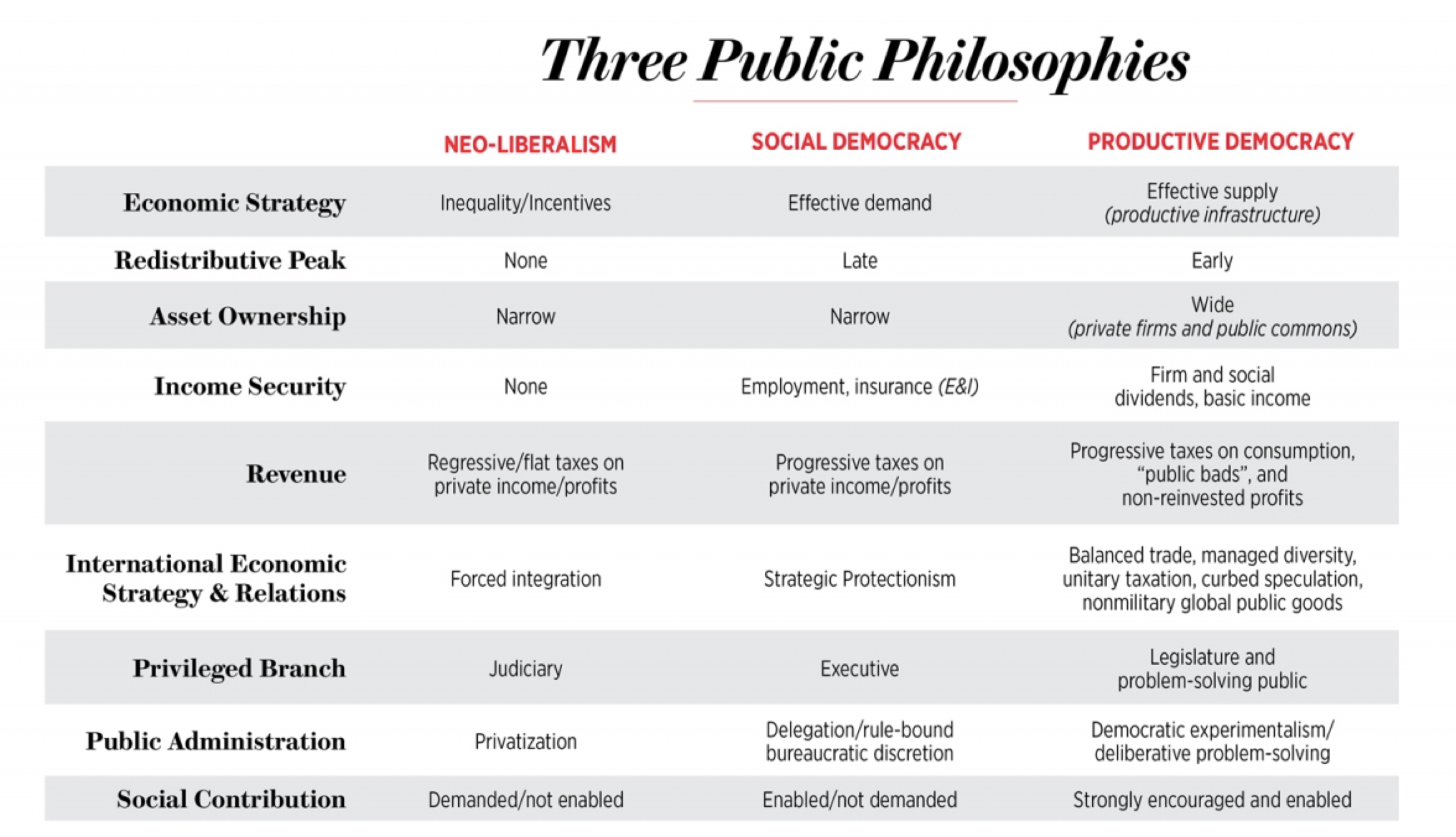





|
Tweet
|
|
|
The interim president of Venezuela, Juan Guaidó, assured last Friday that a new meeting with the regime of Nicolás Maduro in Norway is not currently planned and that any attempt at dialogue must point to the "end of usurpation" to establish a transitional government that calls for democratic, free and fair elections. He added: "If that is not the case, what are we going for? (...), Today this is not the case, and if it does not come close to that, it is not worth (a new appointment in Norway)". Guaidó insists on "all options are on the table". For the Secretary-General of the Organization of American States, Luis Almagro, "there are too many agendas about Venezuela", preventing a definitive solution to the crisis that the Caribbean country is going through. "Everyone is avoiding the agenda that can provide a real solution at the end of the process. It is necessary to apply an incremental process that establishes the mechanism of the Responsibility to Protect (R2P). We have to protect the Venezuelan people from the crimes against humanity of this narco-dictatorship, and its networks with organized crime and international terrorism", said the OAS Secretary General. Almagro opts for the R2P as the ideal mechanism to end the Maduro regime. Sean Mcfate presents in his recent book "The New Rules of War" that durable disorder opens a new era of global uncertainty. "We see that the architecture that underpins the world as we know it is a puzzle that has broken into small pieces", said German Chancellor Angela Merkel at the last Munich Security Conference. Mcfate maintains that the Shadow Wars (Rule 9) will dominate the new conflicts between the powers that compete for new accommodation in a geopolitical world to be defined. In this sense, in Venezuela, the Mafia State has developed through the Joint Criminal Enterprise structures of power and chains of command sufficiently informal for the Maduro regime to deny its existence in case of need. This plausible denial or admissible denial accompanied by Russia, Cuba, Iran and China is decisive in sustaining the Bolivarian regime at this time, when the Lima Group and the International Contact Group seek to resolve the political crisis through the negotiation in Norway between Maduro and Guaidó, allowing it to maintain the "shade war" of Moscow, Tehran, Beijing and Havana against the United States in Venezuela. On the other hand, Hector Schamis, in his last article in Infobae, defined the Oslo dialogue between the usurper regime and the interim government as "the normalization of horror in Venezuela". He argues that the "diplomacy of euphemisms" normalizes the horror of the exodus of 4 million Venezuelans, according to the latest United Nations High Commissioner for Refugees (UNHCR) report, equivalent to 13% of the total Venezuelan population. The interim president, Juan Guaidó, needs to rethink the strategy to achieve the end of the usurpation. Because what is a fact is that in Venezuela, there will be a presidential election as a consequence of the electoral fraud that occurred on May 20th, 2018. The democratic exit promoted by "the diplomacy of euphemisms" must be confronted by creative activities of the Trump administration (Department of State, Treasury, Justice, Defense); the interim government of Venezuela including all opposition forces to Maduro; the Secretariat General of the Organization of American States; and the allied countries of the Americas that recognize the threat of war in hiding, fought in the shadows, that is fought in Venezuela. Guaidó has the opportunity to stop the advance and consolidation of the Bolivarian Joint Criminal Enterprise in the rest of the countries of the region. So, it should coordinate with President Trump and his team directly, the new road map for the end of the usurpation before the new presidential election. His determination at the service of democracy and freedom allows him to assume a leadership - saving the distances -, like that of Winston Churchill in World War II, to establish with the allies the principles of the what and the how of the Venezuela of the 21st century, a "productive democracy". |

